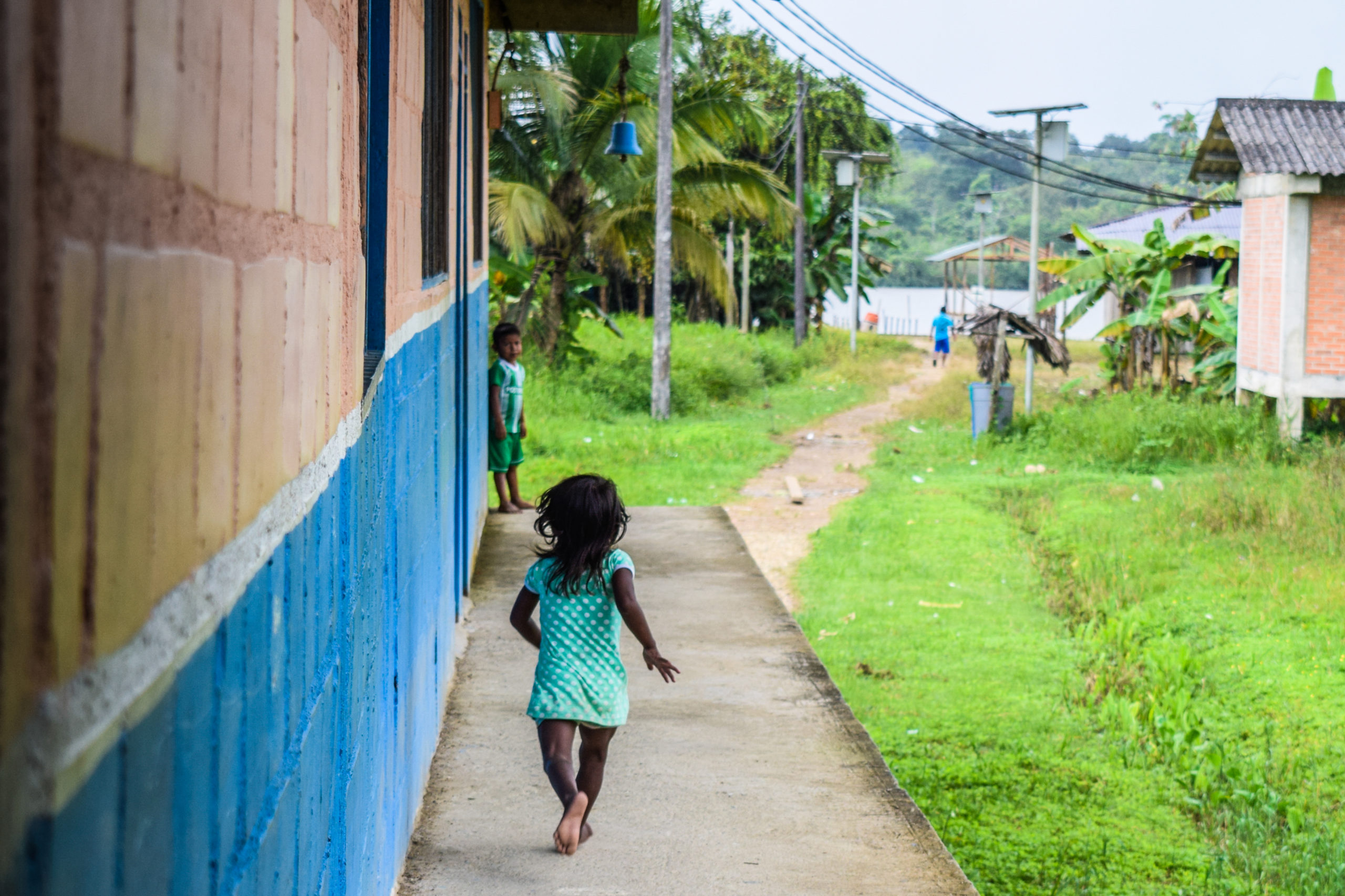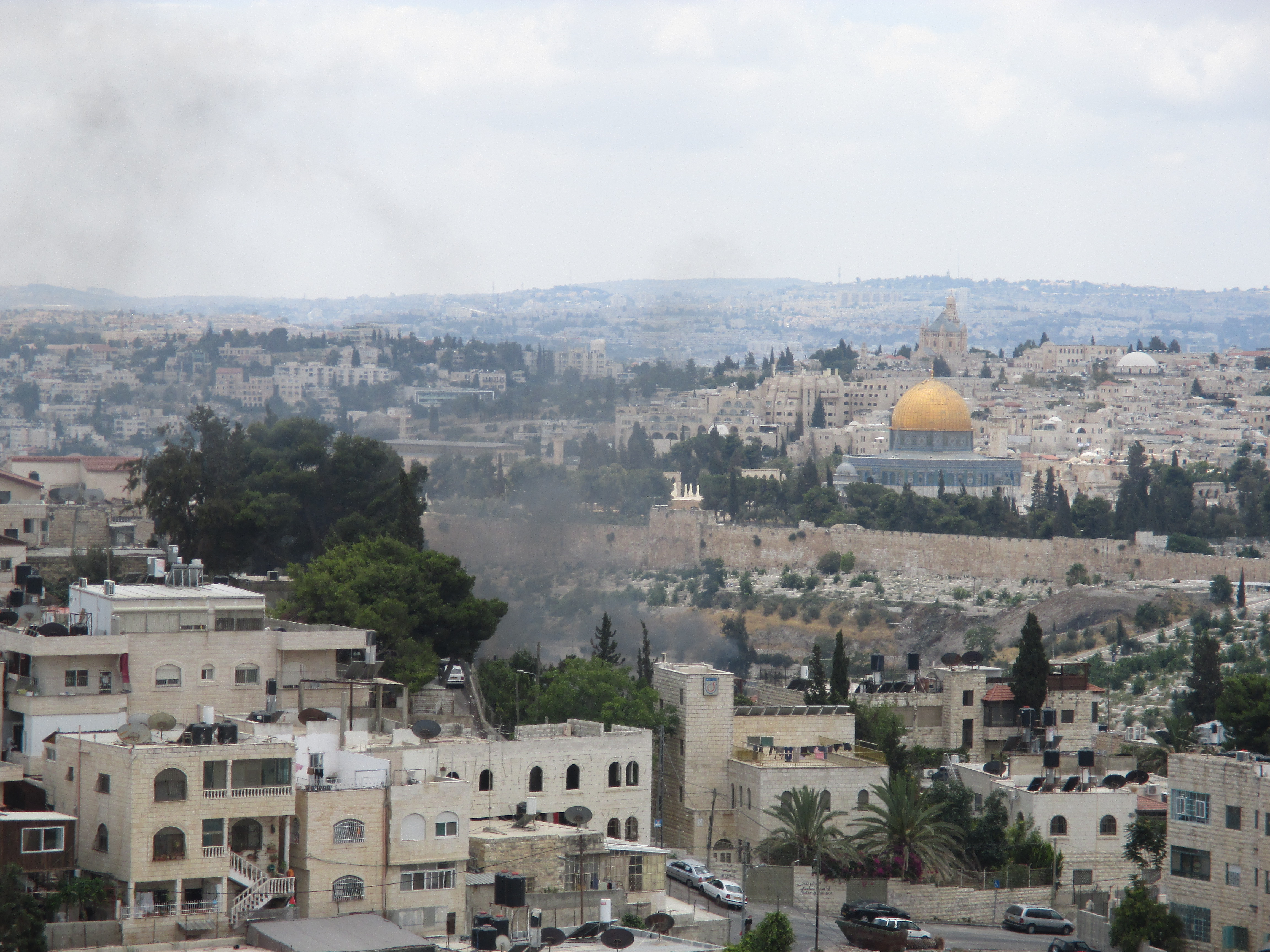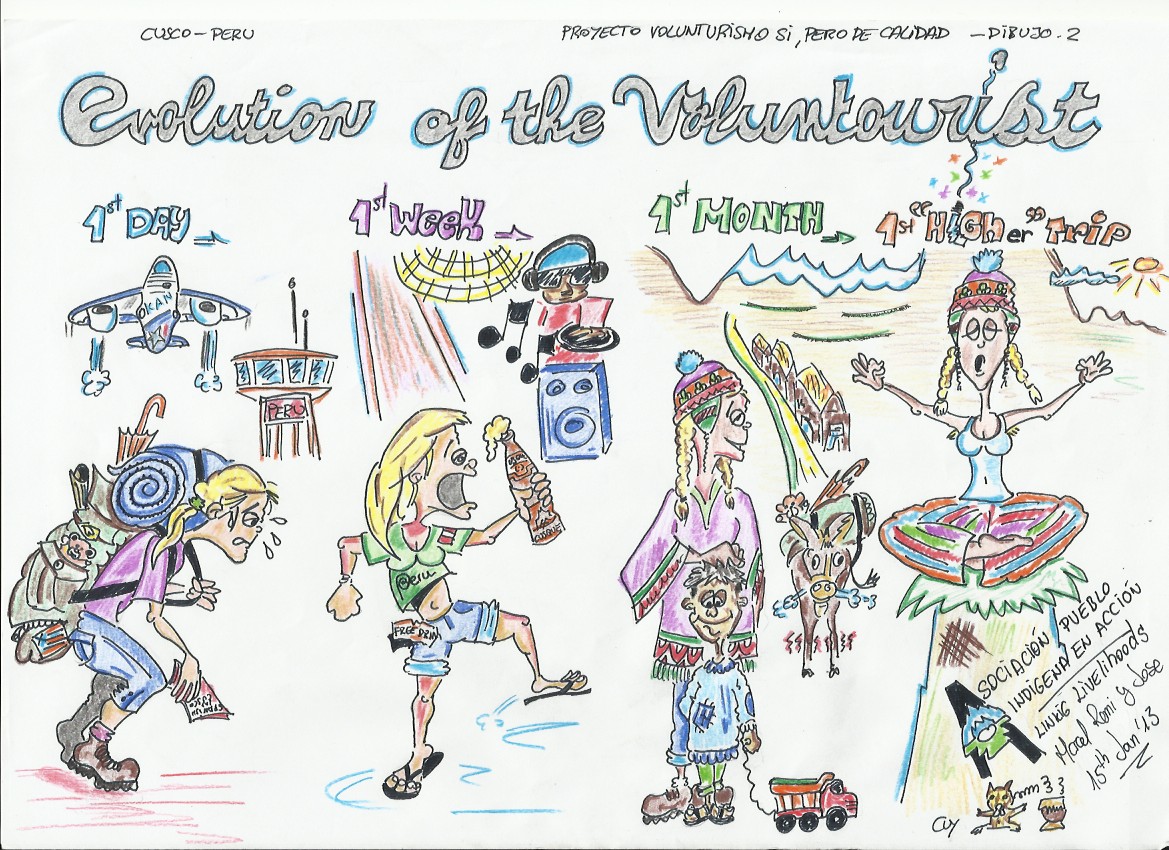Working as a volunteer in the area of livelihood protection in Colombia
Livelihoods are `means of making a living´, comprising the various capabilities, activities and resources that allow people to live. A livelihood is sustainable, when it can a) cope with, and recover from stress and shocks, such as droughts or wars and b) maintain or enhance its capabilities and assets, while not undermining the natural resource base. So much for the theory about livelihoods I had studied before coming to Colombia. As part of the livelihood protection team of Alianza por la Solidaridad (APS), I am now learning what protecting livelihoods can look like in practice.
The right to adequate food
“Food security exists when all people, at all times, have physical
and economic access to sufficient, safe and nutritious food to meet
their dietary needs and food preferences for an active and healthy life”.
Rome Declaration on World Food Security (Rom, 13.11.1996)
APS supports people in Southwest Colombia that are affected by the internal conflict, focusing on three main areas: Livelihood protection, infrastructure (habitat and wash) and social support (community protection and institutional assistance and protection). The main objective of the area of livelihood protection is to support vulnerable families and communities to obtain their right to adequate nutrition, maintain and improve their livelihoods and increase their autonomy and resilience against shocks. To do so, agro- and non-agro family and community projects are implemented or strengthened. Agro projects include e.g. the provision of pigs, laying hens, guinea pigs or seeds needed for growing vegetables, as well as material and support for processing coffee – one of the main income sources in the region. Non-agro projects include material and support in initiating or strengthening small local stores, bakeries or hair dressers, among others. Besides the material, animals or plants needed for the projects, participants also receive the respective relevant technical training to ensure successful and sustainable implementation.

Projects are developed and implemented on a participatory basis. Thus, previous knowledge, experiences, and preferences of participants are taken into consideration, as well as local culture and customs. Projects are also required to preserve or restore biodiversity, guaranteeing sustainability of natural resources. Thus, e.g. in agro-projects only ecological fertilizers are used (in projects with pigs and hens, beneficiaries produce fertilizers themselves out of the animal´s dung). Some projects include the use of waste as vegetable patches. Another example is the installment of biodigesters producing gas out of pig´s dung (see picture).
As the existing projects APS is conducting right now, will soon finish, the idea is to take the opportunity and reflect on the recent strategy and processes before the new projects start. Thus, the main objective of my work, as well as Carlos´ work in Buenaventura, is to identify new action strategies and create new procedures for the identification, selection, implementation and evaluation of the projects. This is something that is difficult to conduct during the everyday work of the team, but being a volunteer gives me the opportunity and time to do this job.
In the first week, I observed, read and asked a lot to understand the recent strategy and processes. In the following four weeks, I had the possibility to spent most of the time in the villages, getting to know many of the projects and beneficiaries and an insight into how the work is conducted in practice. I started to conduct questionnaires with beneficiaries as well as with the team here in Cauca, which, together with our own observations, we will use to think about ways to facilitate existing processes in the area and discuss possible new strategies for the coming projects. Of cause everything in close cooperation with the team and the coordinator of the area.n, implementation and evaluation of the projects. This is something that is difficult to conduct during the everyday work of the team, but being a volunteer gives me the opportunity and time to do this job.
 Besides of this main task, I am also supporting the everyday work of the livelihood protection team in Cauca. In the field, this means for example conducting follow-up questionnaires with the beneficiaries, accompanying technical visits, participating and supporting workshops and meetings, and in general supporting whatever kind of work needs to be conducted at the moment (vaccinating hens, supporting participants in mixing animal feed consisting of ingredients that grow in the region or supporting the construction of tanks for processing coffee). Thus, I have also already learned a lot about agriculture, the environment and livelihoods in general. In the office, I am supporting the team in systematizing the information collected in the field, using the electronic data base of the organization.
Besides of this main task, I am also supporting the everyday work of the livelihood protection team in Cauca. In the field, this means for example conducting follow-up questionnaires with the beneficiaries, accompanying technical visits, participating and supporting workshops and meetings, and in general supporting whatever kind of work needs to be conducted at the moment (vaccinating hens, supporting participants in mixing animal feed consisting of ingredients that grow in the region or supporting the construction of tanks for processing coffee). Thus, I have also already learned a lot about agriculture, the environment and livelihoods in general. In the office, I am supporting the team in systematizing the information collected in the field, using the electronic data base of the organization.
Overall, I think that by now, I have gained a good understanding of the work conducted by the livelihood protection team and have various ideas for adapting strategies and processes in the futre. Thus, I am looking forwards to develop these further together with the team.
Katharina Diekmann














